From Randy Kennedy:
In 1969 (Ida) Applebroog, then known by her married name, Ida Horowitz, was a mother of four, a native New Yorker living unhappily in San Diego, where her husband had moved the family to accept an academic position. Ms. Applebroog had been struggling to make a name for herself as an artist and struggling with depression. Her only sanctuary in her chaotic household came at night, when she shut herself in the bathroom and climbed into the tub.
Over a period of several weeks just before her 40th birthday, she took a sketch pad into the bathroom with her too and perched in front of a full-length mirror, making obsessive self-portraits, more than 150 in all, but portraits focused exclusively on her naked crotch. (more)
Now in her 80s, she found the drawings again, which she scanned into a computer and manipulated, printing them on Japanese paper recast with watercolor. (At Hauser & Wirth till March 6.)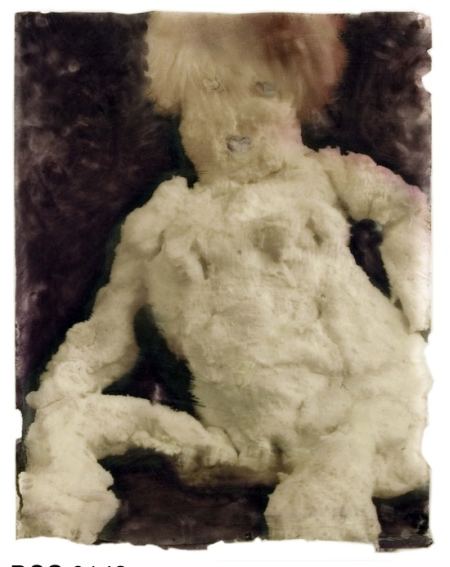
Bornstein, Concupiscence, 2002, collection, Seattle Art Museum
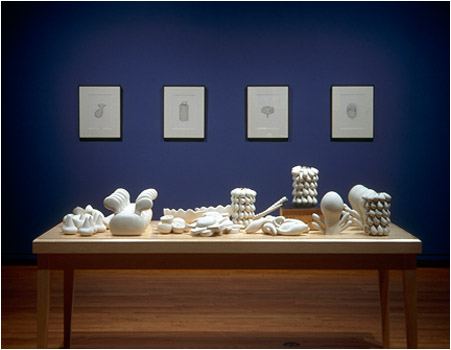 Adrian Searle on Christian Boltanski installation – a rag and bone shop of the heart:
Adrian Searle on Christian Boltanski installation – a rag and bone shop of the heart:
These sounds are all human heartbeats. Visitors can make their own contribution by having their heart rhythms recorded by white-coated technicians in booths off the main space. Boltanski, one of France’s leading artists, is compiling an archive of heartbeats that he intends to be housed, eventually, on a remote and inaccessible Japanese island. He has already collected over 15,000 individual recordings. One day, these beating hearts will all belong to the dead. If Boltanski’s art endures, one might also imagine that the visitors who make it to the island in the future have yet to be born. (more)
Just because a curator or gallerist is a woman doesn’t mean she is going to be sympathetic to women artists. The person who’s done more (post- Guerrilla Girls) to shame art institutions into including more women artists is Jerry Saltz. Whatever anyone wants to say about him, we can all agree that’s he’s a he.
Elementary, you say? And yet good critics continue to write as if chromosomes determine position. Case in point, Judith H. Dobrzynski on her blog, Real Clear Arts:
This week, Pinchuk announced the prize’s jury. Among the seven members, again, just one woman — (Yuko) Hasegawa), Chief Curator of the Museum of Contemporary Art Tokyo (MOT); former Chief Curator of the 21st Century Museum of Contemporary Art, Kanazawa.
That mix is hardly representative of the art world, and it’s a snub to the talented female curators, museum directors, critics, academics, dealers and collectors that populate the art world. Not to mention female artists.Let’s hope Hasegawa has a strong voice. She’ll need it among these other jurors: Daniel Birnbaum (Sweden) – Director of the Städelschule Art Academy, Frankfurt am Main; Director of the Venice Biennale 2009
* Okwui Enwezor (Nigeria) – Director of Documenta XI; former Dean of Academic Affairs and Senior Vice President at San Francisco Art Institute
* Ivo Mesquita (Brazil) – Chief Curator at the Pinacoteca do Estado de São Paulo; Curator of the 2008 São Paolo Biennial
* Eckhard Schneider (Germany) – General Director of the PinchukArtCentre
* Robert Storr (USA) – Dean of the Yale University School of Art; Director of the Venice Biennale 2007
* Ai Weiwei (China) – artist. (more)
Judith: Daniel Birnbaum is pretty good on this issue and Robert Storr is excellent. Possession of a vagina guarantees nothing. The interesting thing about this panel is that both Storr and Okwui Enwezor are on it. Unfortunately not online is their highly entertaining exchange of insults and insights in the letters-to-the-editor space in Artforum, 2008. If they’re meeting in the same room, somebody needs to sneak in a camera.
The Museum on Fire makes a sensible comparison – Walter Hopps and Jeffry Deitch, both dealers turned museum curators.
Joanne Mattera on the perils of storing images electronically.
Two Coats of Paint on the demise of Art on Paper.
Jonathan Melber on the Brooklyn Art Museum‘s progressive, public-friendly copyright policies, via NEWSgrist.
Seattle’s John Morefield, an out-of-work architectural designer, set up an architectural advice booth (5 cents) at the Ballard Farmer’s Market and got covered in the New York Times.
Liz Stone, who identifies herself as a web master for the Seattle Art Museum, wrote about some of the negative mail that finds its way to her inbox. (Note to Stone: The writer who called SAM’s site boring was being kind.)
Seattlle artist Amanda Manitach is off to a good start with a blog titled, my heroes died of syphilis, via Translinguistic Other.



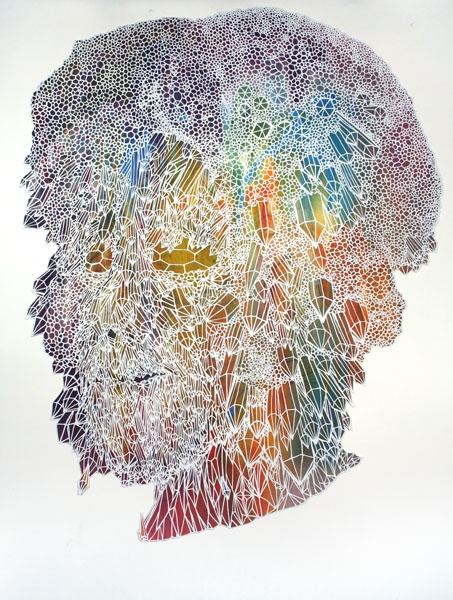 Not as lovely, but far more likely to be loitering around:
Not as lovely, but far more likely to be loitering around: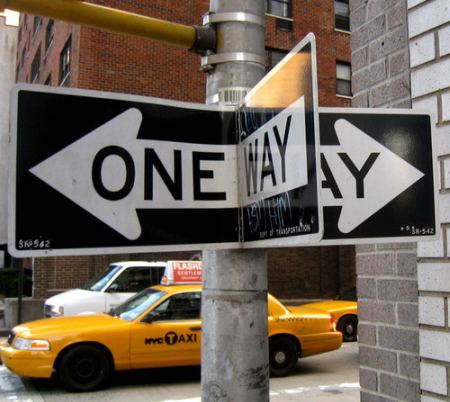
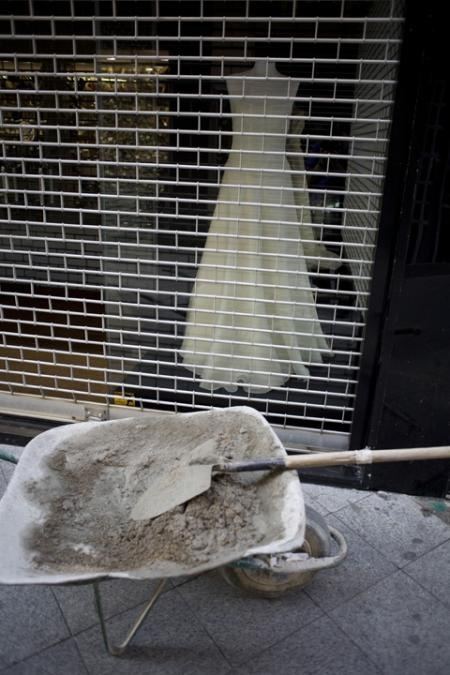
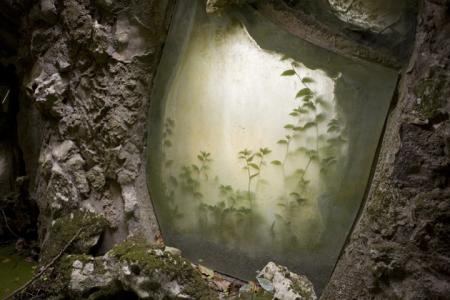
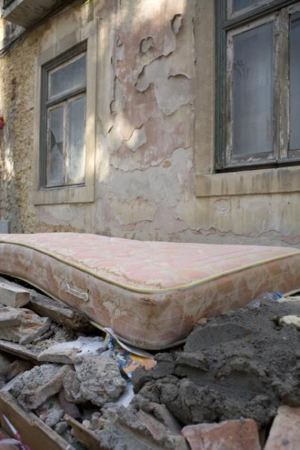 At
At 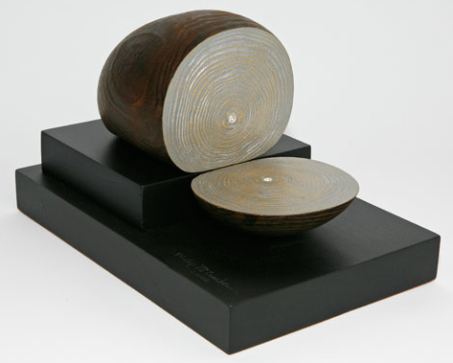
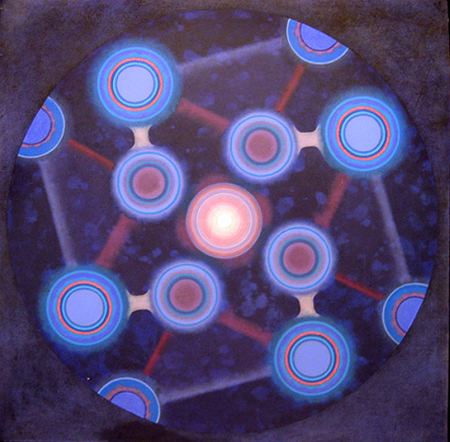 Jeffrey Simmons, Proxima, 2008 (At
Jeffrey Simmons, Proxima, 2008 (At 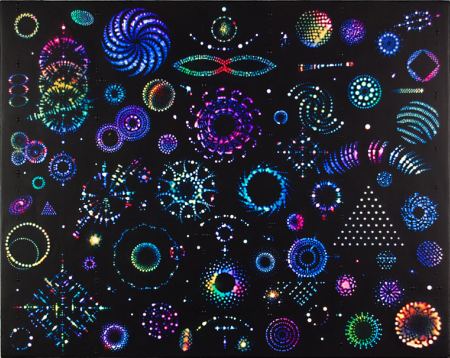
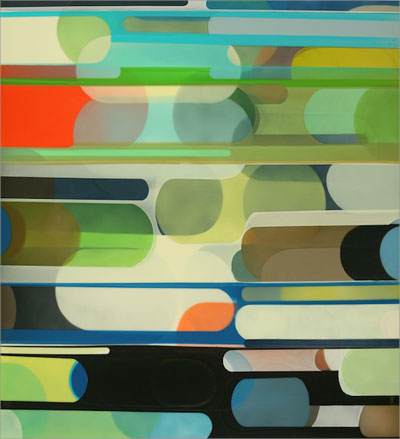

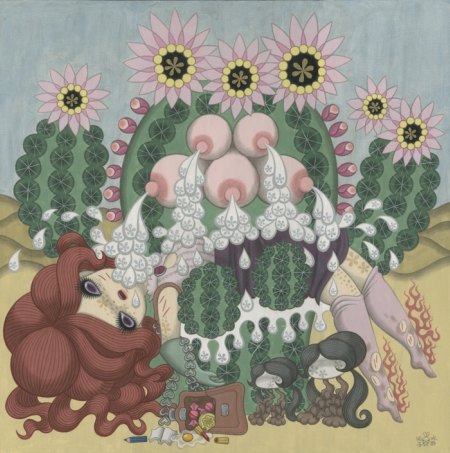
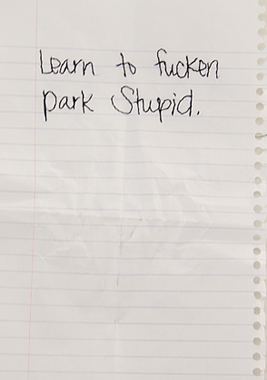
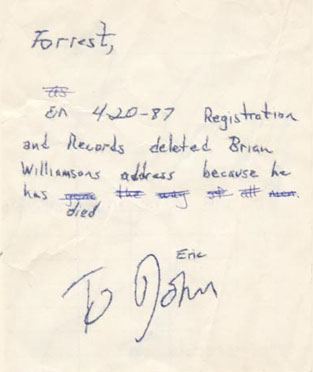
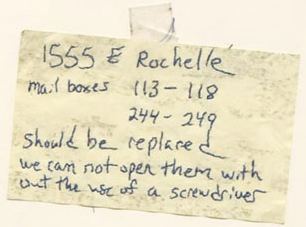 Lately, Dombrosky has moved beyond saving the written word to saving thrown-away tarps and corny t-shirts. Beside eroded gold lettering, King of Pop, is a hand-embroidered black mass: The King of Pop develops a goiter.
Lately, Dombrosky has moved beyond saving the written word to saving thrown-away tarps and corny t-shirts. Beside eroded gold lettering, King of Pop, is a hand-embroidered black mass: The King of Pop develops a goiter. 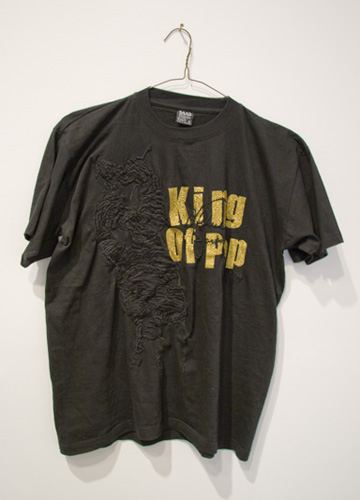 Dombrosky’s Neverland at
Dombrosky’s Neverland at 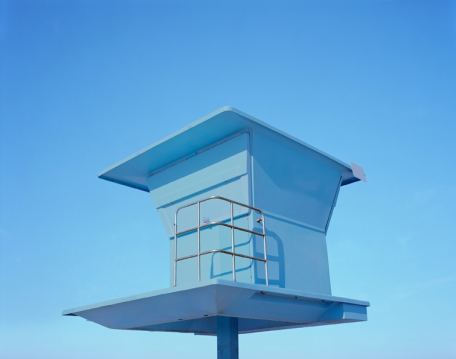 Not only is no one there, no one could be there.
Not only is no one there, no one could be there. They are cool-school emblems of futility, a perfect match for Raymond Chandler’s view of swimming pools, a world away from
They are cool-school emblems of futility, a perfect match for Raymond Chandler’s view of swimming pools, a world away from